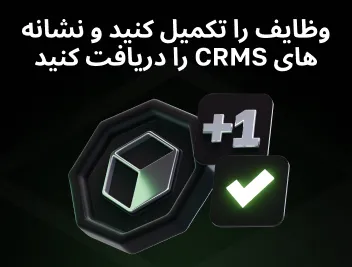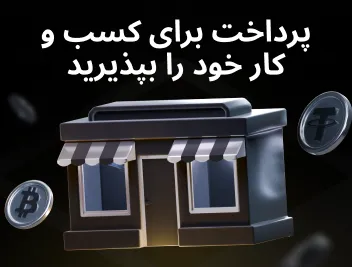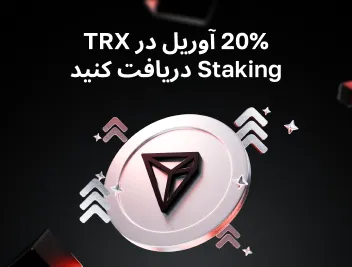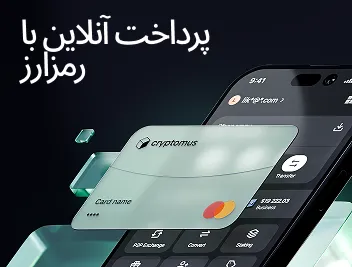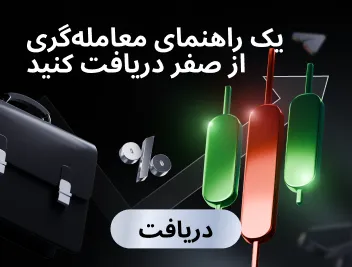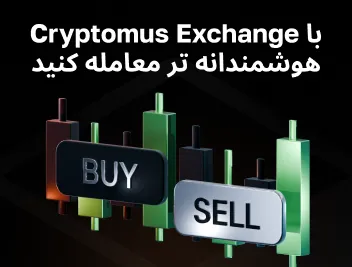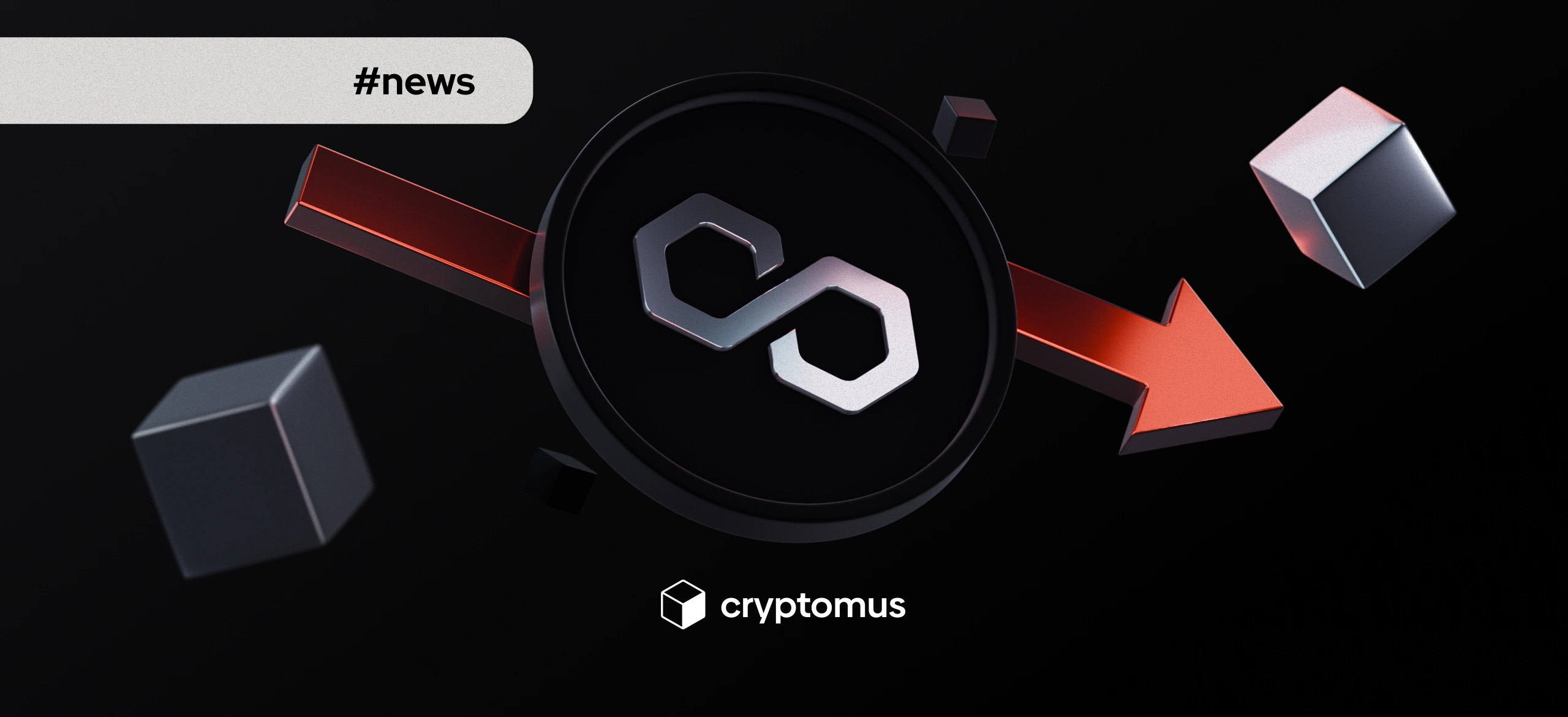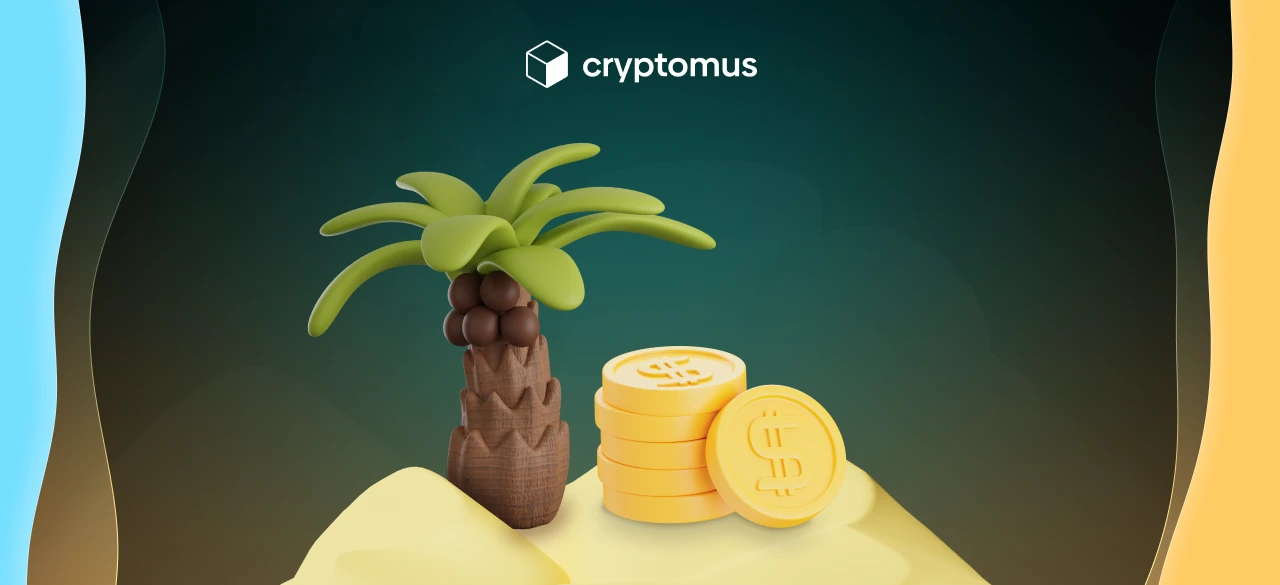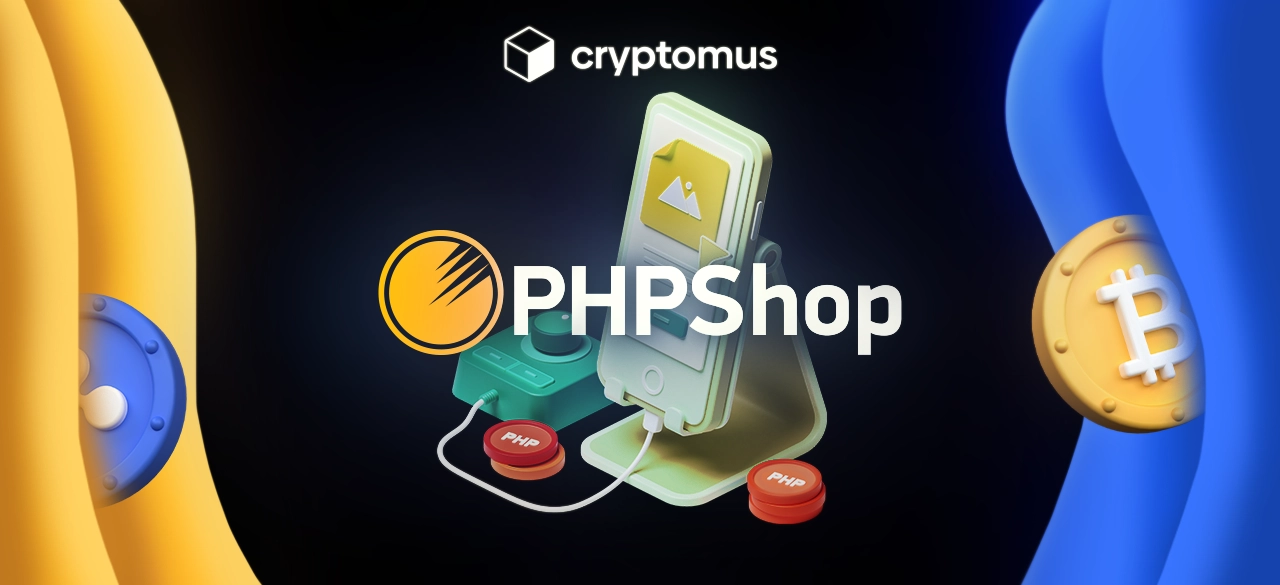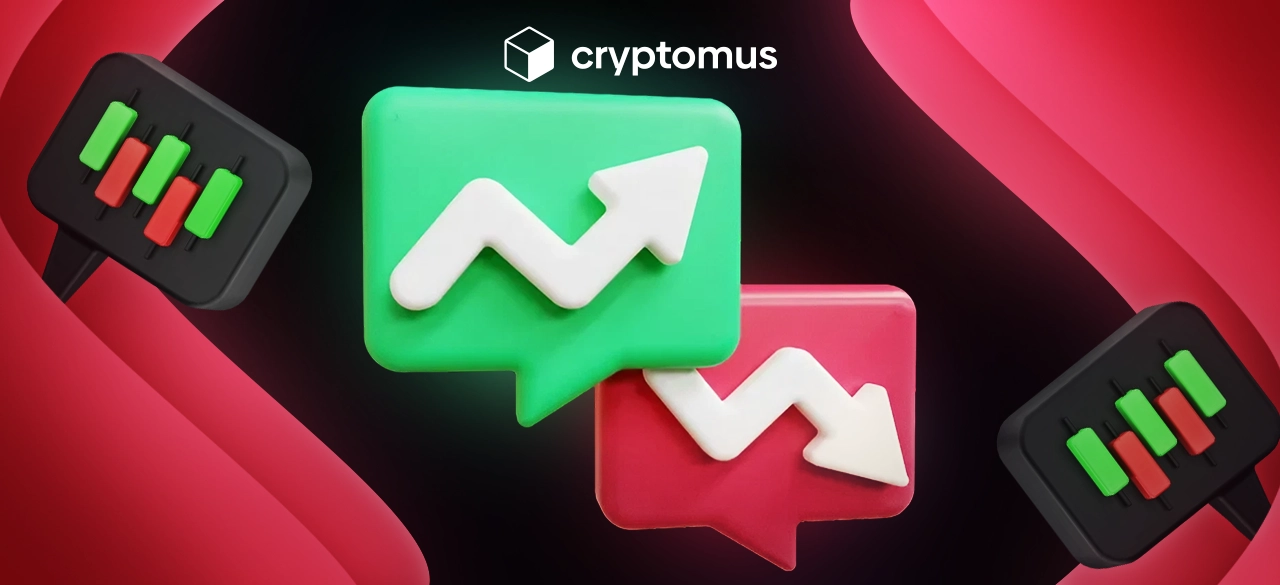
اختلافات تجاری: یاد بگیرید که چگونه تصمیم گیری می شود و چه انتظاری دارید
فهرست مطالب
اختلافات رمزنگاری شده یک مسئله بسیار رایج است اگر شما به طور مستقیم با تجارت رمزنگاری مرتبط باشید. مانند همه فرآیندها ، تجارت رمزنگاری نیز دارای درگیری های تجاری ، مشکلات و مشکلاتی است که نیاز به اقدام قاطع هر دو طرف دارد. در این مقاله ، ما در مورد عواقب اختلافات رمزنگاری که می توانید با آن روبرو شوید و نحوه عملکرد فرآیند تصمیم گیری بحث خواهیم کرد.
در حل اختلافات تجاری چه انتظاری داریم
اختلافات رمزنگاری می تواند شبیه به اختلافات تجاری سنتی باشد. بنابراین ، هیچ چیز عجیبی در این مورد وجود ندارد ؛ طرفین می توانند در هر دو مورد انتظار یک روند مشابه را داشته باشند. با این حال ، ممکن است برخی از ملاحظات منحصر به فرد در راه حل اختلافات تجاری رمزنگاری به دلیل ماهیت معاملات رمزنگاری وجود داشته باشد.
مذاکره نقش مهمی در حل اختلافات دارد. هر دو طرف باید شواهد و مواضع خود را در مورد درگیری ارائه دهند ، سپس سعی کنند آن را در طول مذاکرات حل کنند. با این وجود ، این روند ممکن است به دلیل شناسایی طرف های درگیر و تعیین منبع اختلاف در صورتی که به یک سیستم غیرمتمرکز و ناشناس اشاره دارد ، به چالش کشیده شود.
در پلتفرم Cryptomus ، اختلافات تجاری مختلف در مبادلات P2P معمولا با کمک مدیران پشتیبانی حل می شود. مدیر وضعیت و همچنین طرفین را تجزیه و تحلیل می کند و تمام عوامل خاص را برای کار به سمت یک راه حل قابل قبول متقابل در نظر می گیرد.
فرایند تصمیم گیری در اختلافات تجاری
روند تصمیم گیری در اختلافات رمزنگاری شده معمولا شامل چندین مورد است. ببینیم!
- تجزیه و تحلیل وضعیت و تماس با مدیر پشتیبانی.
برای هر طرف مهم است که تمام تفاوت های ظریف اختلاف فعلی را به وضوح درک کند. با استفاده از مثال Cryptomus ، و به ویژه در تبادل P2P آن ، می توانید با پشتیبانی پلت فرم تماس بگیرید. این روند کاملا ساده است. تنها کاری که باید انجام دهید این است که روی دکمه "اختلاف باز" کلیک کنید و مدیر پشتیبانی با شما تماس می گیرد و به شما کمک می کند.
- جمع آوری شواهد.
برای حل اختلافات تجاری به صورت مجازی ، لازم است که شواهد را برای حمایت از ادعاهای خود ، مانند داده های معامله یا ارتباطات و رسید های پرداخت جمع آوری کنید. با کمک شواهد با کیفیت بالا ، شما یا مدیر پشتیبانی قادر خواهید بود تعیین کنید که چه کسی در این اختلاف مقصر است.
- تصمیم نهایی و اجرای قانون.
در صورت تعیین مسئولیت ، طرف یا مدیر پشتیبانی تصمیم مناسب برای حل اختلافات تجاری را تعیین می کند. به طور معمول ، شامل اقدامات خاصی است که تصمیم را اجرا می کند ، مانند انتقال رمزنگاری یا پرداخت خسارت.
در طول کل فرآیند ، طرفین باید آماده باشند تا صادقانه و با احترام ارتباط برقرار کنند و به سمت یک راه حل قابل قبول متقابل کار کنند. به نوبه خود ، مدیر پشتیبانی تمام اقدامات را برای حل اختلاف در اسرع وقت انجام خواهد داد.
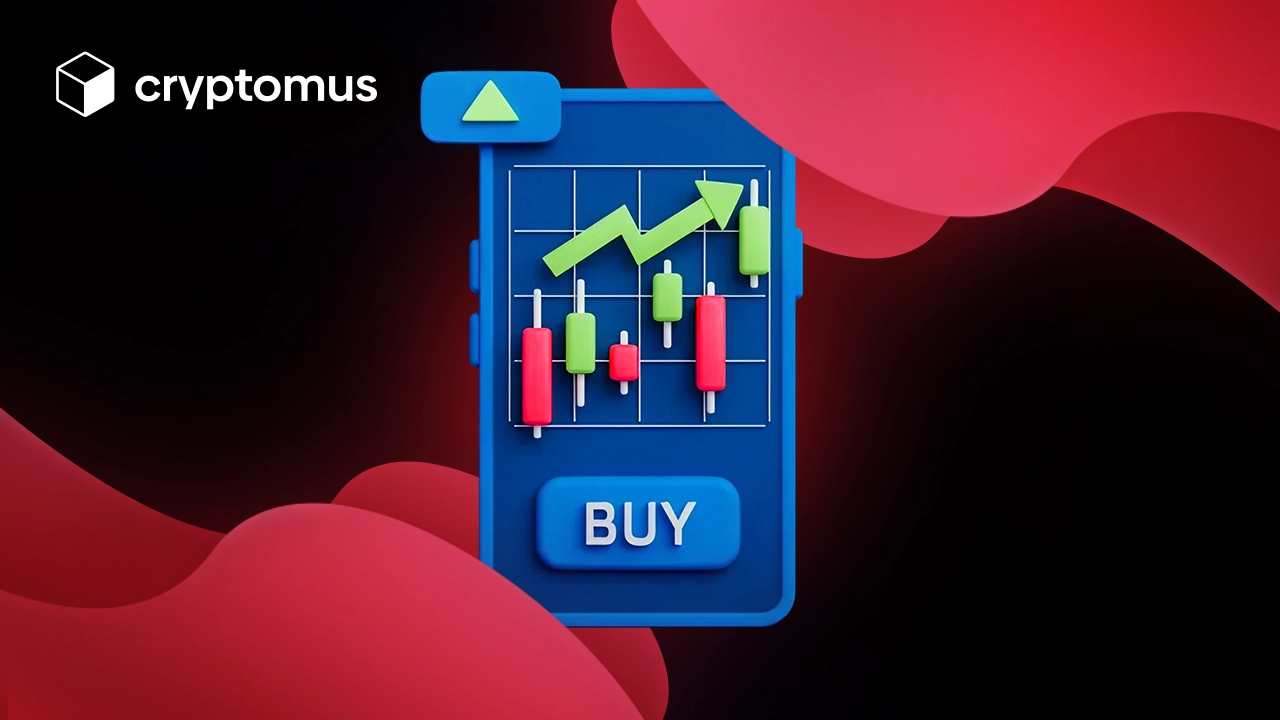
پیامدهای اقتصادی اختلافات تجاری
همانند هر اختلاف ، اختلافات ارزهای رمزنگاری شده نیز برای هر دو طرف عواقب دارد. اختلافات می تواند در بدترین حالت منجر به از دست دادن بودجه و داده ها شود. علاوه بر این ، حل هر گونه اختلافات تجاری یک روند نسبتا طولانی است که زمان ، تلاش و پول زیادی را می طلبد.
برای پلتفرم که در آن اختلاف رخ داده است یا اگر در خود درگیری دخیل بوده است ، این نیز با عواقب مانند آسیب به شهرت و کاهش اعتماد به بازار رمزنگاری به طور کلی توسط کاربران و سرمایه گذاران همراه است. به همین دلیل است که می تواند یک مسئله مهم برای سایر شرکت کنندگان ، معامله گران و سرمایه گذاران باشد که معاملات خود را در چنین پلتفرم "مشکل ساز" انجام ندهند.
بنابراین ، همه افراد درگیر در تجارت رمزنگاری باید اقدامات لازم را برای به حداقل رساندن خطر اختلافات از قبل انجام دهند. اگر یک درگیری تجاری اجتناب ناپذیر است ، پس از اطمینان از یک روند رمزنگاری حل اختلافات موثر در محل مراقبت کنید.
نکاتی برای جلوگیری یا تسهیل اختلافات تجاری
-
فقط از صرافی های معتبر و ارائه دهندگان کیف پول برای به حداقل رساندن خطرات احتمالی اختلافات استفاده کنید.
-
با دقت در مورد شرایط و شرایط استفاده از پلت فرم بخوانید. به این ترتیب ، شما قادر خواهید بود حقوق و تعهدات خود را بهتر درک کنید ، که می تواند در روند حل اختلافات تجاری به شما کمک کند.
-
از قبل از شواهد مراقبت کنید. بسیار مهم است که سوابق تمام معاملات و داده های پرداخت خود را نگه دارید. این شواهد ضروری در صورت اختلاف خواهد بود.
-
مذاکره یک گزینه کلیدی برای حل و فصل صلح آمیز هر گونه درگیری است. آن را به خاطر بسپارید و با طرف مقابل به وضوح و با احترام ارتباط برقرار کنید تا درگیری تشدید نشود.
-
از تماس با مدیر پشتیبانی نترسید . اگر حل و فصل درگیری به تنهایی امکان پذیر نیست ، همیشه می توانید با مدیر تماس بگیرید. این ممکن است به حل اختلاف رمزنگاری بسیار سریعتر کمک کند.
-
آماده سازش باشید. در برخی موارد ، ممکن است برای رسیدن به یک راه حل قابل قبول متقابل ، یک سازش لازم باشد. برای بررسی گزینه های مختلف و پیدا کردن گزینه مناسب آماده باشید.
امیدواریم این مقاله برای شما مفید بوده باشد. خطرات خود را از اختلافات رمزنگاری به حداقل برسانید و به طور موثر با Cryptomus کار کنید!
سفر رمزنگاری خود را ساده کنید
آیا می خواهید ارزهای رمزنگاری شده را ذخیره، ارسال، پذیرش، سهام یا معامله کنید؟ با Cryptomus همه چیز امکان پذیر است - ثبت نام کنید و وجوه ارز دیجیتال خود را با ابزارهای مفید ما مدیریت کنید.
شروع کنید
